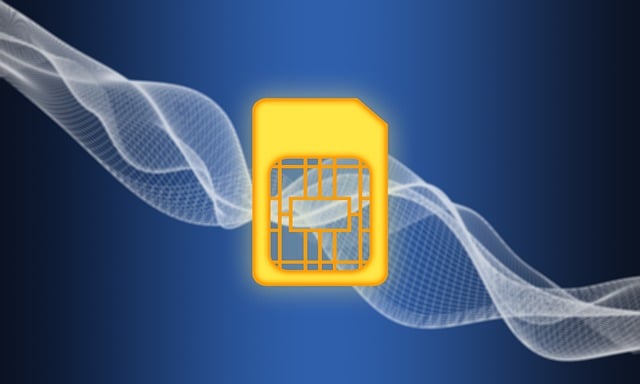Marketing automation for businesses is essential in today's digital world to understand and engage with customers across multiple channels. By mapping customer journeys and automating tasks like email marketing, companies can deliver personalized content, enhance engagement, improve retention, and drive growth through targeted interactions based on data analysis. This strategic approach saves time and resources while fostering stronger customer relationships.
In today’s digital era, automating customer journeys is a game-changer for businesses aiming to scale growth. Understanding these journeys is crucial, as it involves mapping every touchpoint where customers interact with your brand. The power of marketing automation tools lies in their ability to streamline processes, personalize experiences, and drive conversions. This article explores strategies for implementing automated customer experiences, highlighting the benefits of technology in enhancing business operations and boosting sales through effective Marketing Automation for businesses.
- Understanding Customer Journeys in Modern Business
- The Power of Marketing Automation Tools
- Strategies for Implementing Automated Customer Experiences
Understanding Customer Journeys in Modern Business

In today’s digital era, understanding customer journeys is paramount for businesses aiming to scale growth through marketing automation. Gone are the days when traditional linear models sufficed; modern customers interact with brands across multiple channels and touchpoints, creating complex yet invaluable data trails. By mapping these journeys—from initial brand awareness to post-purchase engagement—businesses can gain profound insights into customer behaviors, preferences, and pain points. This strategic approach allows for personalized interactions at every stage, fostering stronger relationships and driving conversions.
Marketing automation plays a pivotal role in enhancing these experiences. Tools ranging from email campaigns to sophisticated ecommerce solutions and text message marketing enable businesses to automate repetitive tasks, deliver targeted content, and even implement reputation management strategies. By leveraging data-driven insights, brands can create seamless, contextually relevant journeys that resonate with customers, ultimately boosting engagement, retention, and overall business growth.
The Power of Marketing Automation Tools

Marketing automation tools have revolutionized the way businesses interact with their customers, offering an efficient and effective marketing automation for businesses strategy. These powerful solutions enable companies to streamline various marketing processes, from lead generation to customer nurturing, all while providing valuable insights through marketing analytics. By automating repetitive tasks, businesses can save time and resources, allowing them to focus on creating personalized experiences for their target audience.
One of the key benefits of implementing marketing automation is the ability to create targeted campaigns. Through segmenting customers based on their behaviors, preferences, and demographics, companies can deliver tailored content on various channels. Whether it’s optimizing landing pages or personalizing email sequences, automated systems ensure that each customer receives relevant messaging, enhancing engagement and conversions in an ecommerce solution.
Strategies for Implementing Automated Customer Experiences

Implementing automated customer experiences is a strategic move for businesses aiming to scale growth efficiently. Marketing automation plays a pivotal role in this transformation by streamlining repetitive tasks and allowing for personalized interactions at every touchpoint. By integrating marketing automation tools, businesses can create seamless customer journeys, from initial contact to post-purchase support. This ensures that each client receives tailored attention, fostering stronger relationships and increasing customer satisfaction.
To achieve effective automation, companies should first map out their ideal customer journey, identifying key stages and potential pain points. Next, leveraging Customer Relationship Management (CRM) systems enables the centralized collection and analysis of customer data, providing valuable insights for personalized campaigns. Automating tasks such as email marketing, lead nurturing, and social media engagement not only saves time but also allows businesses to focus on high-value activities like content creation and strategic planning.
Automating customer journeys is a game-changer for businesses aiming to scale growth. By leveraging marketing automation tools, companies can efficiently manage and personalize interactions with customers, leading to increased engagement and satisfaction. Implementing automated experiences doesn’t have to be complex; strategic use of technology allows for seamless transitions between touchpoints, creating a cohesive and appealing customer journey. For businesses looking to stay competitive in today’s digital landscape, embracing marketing automation is a crucial step towards sustainable success.
